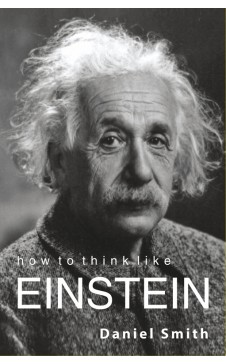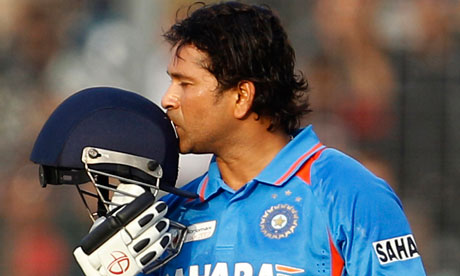THE EINSTEIN ELEMENT: Seeing Greatness the Indian Way
Note:
If your mental capacity is underdeveloped for intellectual activity, this
article may seem a bit long-winded. Thanks for stopping by anyway.
Observing
is good. It’s not necessary to say that one is observing or that one has been benefited from observation. Simply observe your world within and without. You
will take away bountiful treasures.
A
book, recently, caught my eye. It was titled How To Think Like Albert Einstein.
It is apparently, a highly controversial topic to imitate a genius, of whatever
area of expertise one might be. Nevertheless, it was a book on success and was
very strategic in its presentation. It may not be an exaggeration that if a
reader stumbles upon the book he or she is tend to take it word for word as the
true essence of the great Albert Einstein. However, arguments exist that reject
such an overwhelming influence.
Imitation
may hinder an individual's progress to evolve into a being of higher
consciousness, because in imitating another person in thoughts or action, one
is essentially following someone else's paradigm of living. This, at the same
time, does not indicate the fact that elements of greatness whoever the carrier
of those elements be, must not be followed in our personal life.
 |
| Image Courtesy: Google |
Imitation
is not our concern. Our concern is to transform this generation into a bunch of
geniuses. In this regard, this book, How To Think Like Albert Einstein
seems to be fulfilling a greater purpose.
What
makes a few people among us geniuses? Isn’t it an interesting question to
ponder? I am not the first one to inquire in this line. I have even heard that
they have Albert Einstein’s brain under scrutiny in order to study what the
elements are that made him what he was. Some say his brain was bigger in size
compared to the size of brain of an average human being. Is it the brain alone
that made his personality and thinking process uniquely important? We must
remember that Einstein’s contributions helped transform a generation.
I
reviewed a book a few months back, The
Proof of Heaven, written by Dr. Eben Alexander. This book enumerates the
reasons to believe that consciousness can outlive human physical life. This
indicates that thoughts have a life beyond brain. In other words, to be a
brainiac is not the important thing, but to be able to tune into the frequency
of cosmic consciousness in which thoughts exist.
Another
criteria, some might say involved in proclaiming someone a genius, is
credentials he or she gathers in the area of work they are specialized. One
such individual comes to my mind. His name is Sachin Tendulkar.
Sachin Tendulkar is the latest in the long line of geniuses traced back to Newton and
Bethovan. Sachin was only sixteen when he first played his international match.
This legendary cricketer played his Test debut on 15 November 1989. He played
this match against Pakistan in Karachi.
 |
| Image Courtesy: Guardian.com |
Sachin
was a full-time candidate for greatness throughout the 29 states and 7 union
territories in India. People responded by crowning him with the title of “Master
Blaster”. As a teenager, I was a great fan of Indian cricket, this game
nurtured by the British, but carried forward by its colonial subjects. Sachin Tendulkar's phenomenal reach into the Indian demographic, perhaps, owes to his
ability to appear meek and amenable. When I observed him as an individual, I
came across several qualities in Sachin Tendulkar that I believe, rewarded him
with the throne of the “god of cricket” in India.
My
attraction for cricket started dwindling down, later. This was the time of match
fixing and corruption. Many Indian players were part of the scandal and
actively took part in the illegal process. They did it just for one thing—money.
Perhaps, Sachin Tendulkar is different from all those in this regard. He wasn’t
charged with allegations, and stood by his values by fighting corruption in Indian
cricket.
At
this point, a very important realization rises in my mind. Greatness isn’t
necessarily the result of what one does in some field of activity, like
Einstein or Tendulkar. Greatness could be those silent qualities an individual
harbours and interacts with inside one’s higher consciousness. Then, perhaps,
we all have a share of greatness in us, irrespective of our professional
qualifications, nationalities, and colour.








Comments